KUALA LUMPUR, Dec 22 — Price hikes of consumer goods and food in this country have been a major challenge for Domestic Trade and Consumer Affairs Ministry (KPDNHEP) this year, aside from dealing with the COVID-19 Antigen Rapid Test Kit (Self Test) price.
Although there were no apparent price hike incidents earlier on in the year, Festive Season Maximum Price Control Scheme (SHMMP) was still put in place during festivities including Aidilfitri, the Kaamatan Festival and Gawai Day celebrations.
It was towards the end of the year that the prices of goods began to spiral.
Domestic Trade and Consumer Affairs Minister Datuk Seri Alexander Nanta Linggi was reported as saying that the sudden price hike was caused by several factors including the return of business activities such as restaurants and eateries going back in full swing, causing a sharp spike in the demand for basic goods.
Recognising the urgency of the situation, KPDNHEP promptly introduced a short-term solution for price hikes of goods and food, dubbed the #Keluarga Malaysia Sales, offering up to 20 per cent lower prices, implemented in stages in all 222 parliamentary constituencies nationwide.
The #Keluarga Malaysia Sales was launched by Prime Minister Datuk Seri Ismail Sabri Yaakob at Dataran Perpustakaan Lembah Pantai here, on Dec 2.
In another bid to help consumers, the government has decided to allow the import of Malaysia’s most popular meat, chicken, which is expected to help reduce its market price.
On Dec 5, KPDNHEP secretary-general Datuk Seri Hasnol Zam Zam Ahmad said that KPDNHEP was also reviewing the maximum price of standard chicken for retail at RM9.30 a kilogramme and wholesale (RM8 a kilogramme), in the future if the prices of chicken in the country’s market returned to normal.
Meanwhile, in order to stabilise the price of necessities and ensure adequate supply in the market, the government recently announced the Keluarga Malaysia Maximum Price Control Scheme (SHMKM) which will take effect from Dec 7 till Dec 31 throughout the country.
The items listed under the scheme include live chicken, standard chicken, super chicken, Grade A, B and C eggs, long beans, red chili, tomato, choy sum, imported round cabbage (from Indonesia and China) as well as cucumber.
In November, reports of increasing vegetable prices began surfacing, prompting KPDNHEP to launch Ops Pasar (Sayur 2) nationwide beginning Nov 27, to investigate reports of rising vegetable prices, allegedly to be up to 200 per cent.
The ministry however expects the price of daily necessities to fully stabilise by January as monitoring and inspection carried out found that the price of goods has begun to stabilise with vegetables beginning to show a drop in prices.
Meanwhile, amidst the COVID-19 pandemic, the supply and prices of the COVID-19 Antigen Rapid Test Kit (Self Test) also took centre stage.
To ensure sufficient supply in the market, the government took proactive measures by gazetting the test kit under the Control of Supplies (Controlled Goods) Order (No.6) 2021 on Nov 24 which came into force on Dec 1.
Based on feedback from relevant agencies, the government fixed the retail ceiling price for the test kit at RM19.90 per set, effective Sept 5 and gave traders one week to adjust to the price.
The wholesale ceiling price for the tests kits was set at RM16 per set.
Sources: BERNAMA


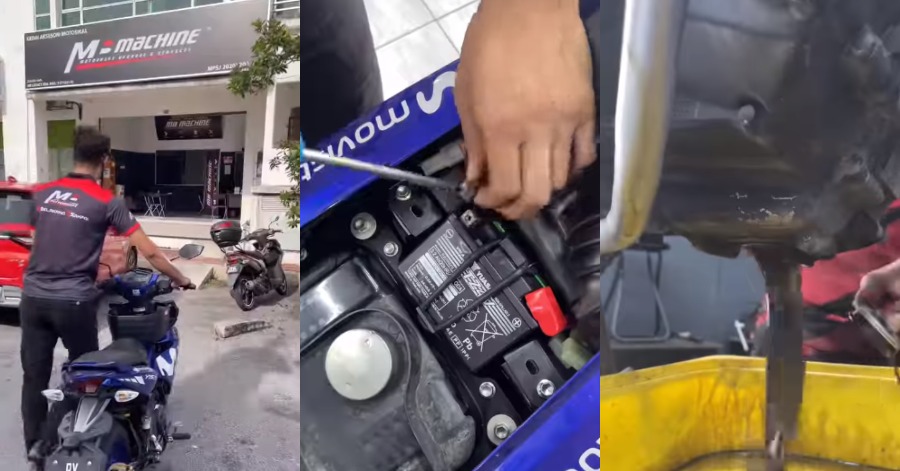

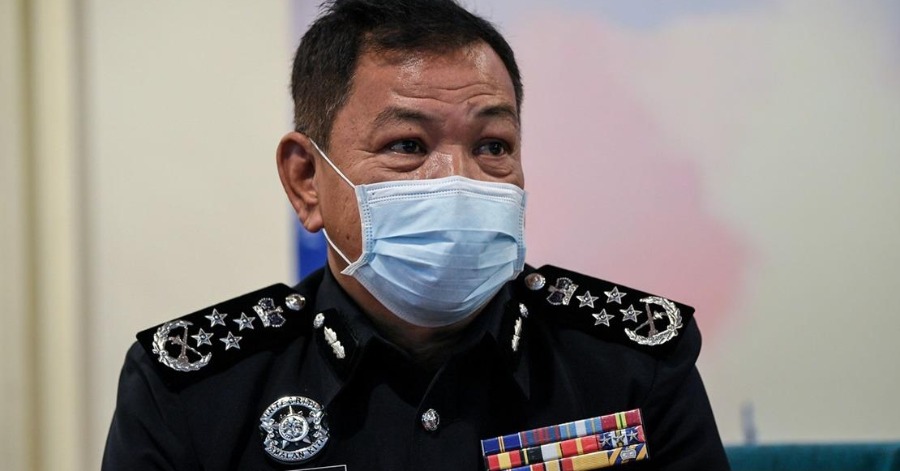
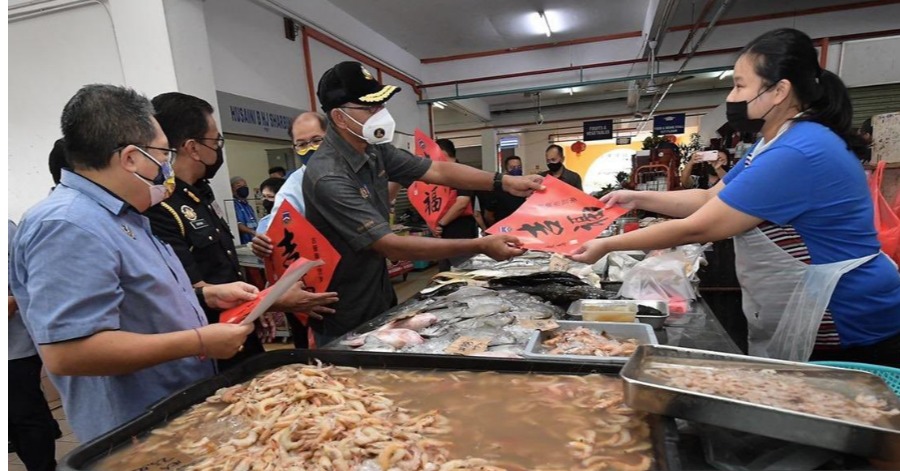

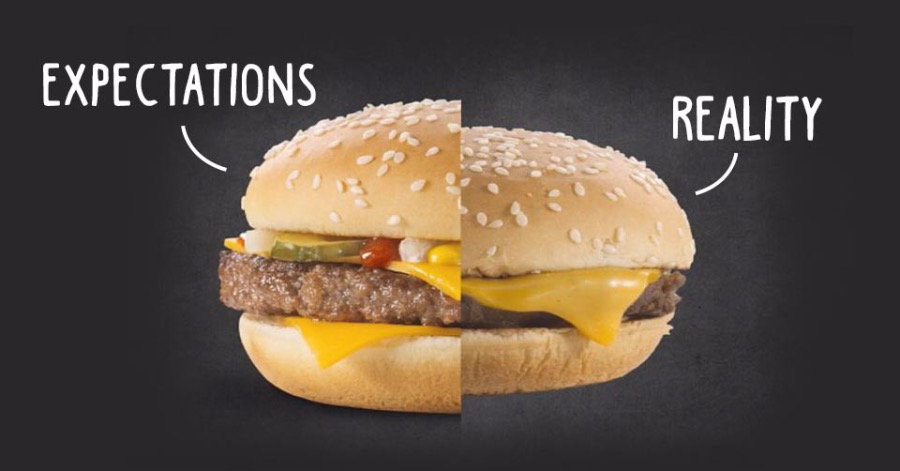
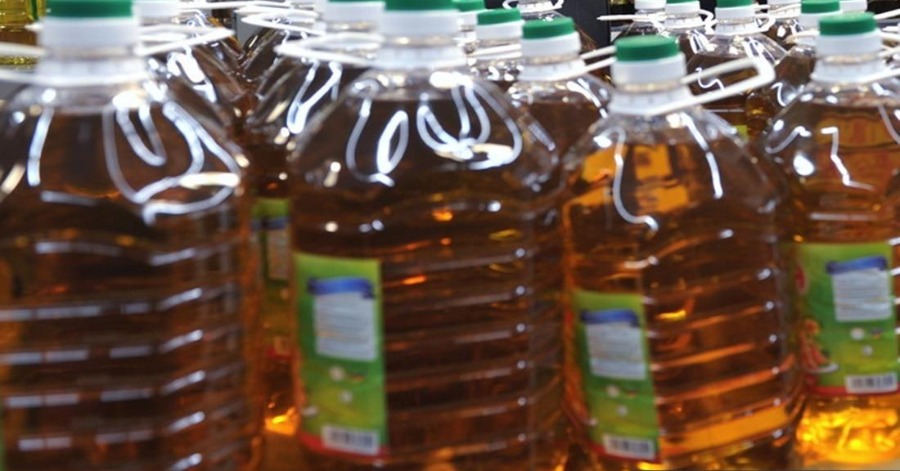
Leave a Comment